Five orphaned elephant calves aged three to five had lost their family due to various circumstances in Assam. But thankfully the calves were rescued and are now back in the wild world they belong to.
The story of each of the calves began when they were separated from their native herds. While two of the elephants were victims of conflict with people, one was displayed during floods in Assam while the remaining two were found in tea gardens.
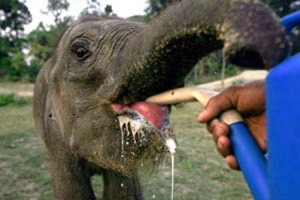
Elephants are very social animals and each adult member of the herd instinctively protects the calves from any danger. But these five elephants unfortunately got lost.
When the forest department rescued the four male and one female calf they were sent to Wildlife Rehabilitation and Conservation (CWRC) situated near the Kaziranga National Park. The centre took care of the elephants but the ultimate goal was to always rehabilitate the wild animals back into the wild.
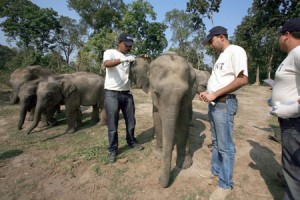
This crucial step began on January 30th when the calves took a 12 hour ride from the centre to the Manas national park. Here the in situ acclimatization began under close observation of CWRC veterinarians and animal keepers.
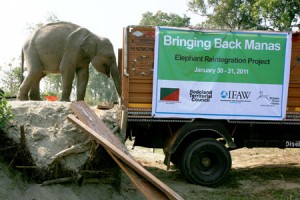
Although the process of releasing an animal back into the wild seems simple, it is not. This is because the calves need to get acclimatized to the new environment. They must get used to leading an independent life and taking care of themselves and their food requirements. They must be protected from other wild animals. Lastly and most importantly they must be accepted by other wild elephant herds of the new location.
With young calves, the challenges become all the more enormous.
After the long journey, the calves were released in a spacious stockade for recuperation. The calves are kept in the stockade at nights for safety from predators during the initial phase of their in situ acclimatisation.
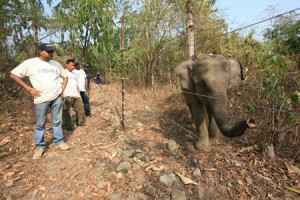
The journey back into the jungle for these animals was possible with the help of members of Assam Forest Department and International Fund for Animal Welfare – Wildlife Trust of India (IFAW-WTI) with the support of the Bodoland Territorial Council (BTC).
“We are glad that IFAW-WTI have brought the orphaned elephants to Manas. We would like to present Manas to the world community and we are sure that wildlife enthusiasts will love to hear the news of this elephant move to Manas,” said Kampa Borgoyari, Deputy Chief, BTC. “We understand that some people have apprehensions of this move and we acknowledge their fear of increase in human-elephant conflict, but we are implementing measures to mitigate the same.”
Now the elephant calves are being closely monitored by forest officials to see their individual behaviours, their behaviours with the other calves and also with other wild elephants in the area. The task will continue until they grow independent of their keeper.
Once the calves completely detach from their keeper and return to the wild, they will be monitored through radio-collars.
“We’re very pleased to see these elephants walking the forests of Manas National Park. This is a vital step towards their reintegration to the wild but there are still many hurdles to overcome. Our ‘soft release’ programme will allow elephants to gradually become fully independent at their own pace,” said Ian Robinson, IFAW Emergency Relief Director.
This is not the first time though that elephants are being rehabilitated into the wild by these experts. Earlier eight elephant calves hand raised at CWRC were relocated and released at the same sanctuary and four of them have already established themselves in the forests.
Thanks to the efforts of these conservationists the story of these five elephants might very well be approaching a happy ending.
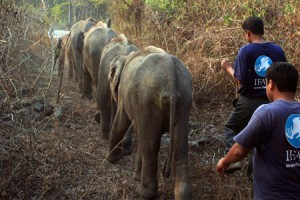
-Atula Gupta
Images courtesy Sheren Shrestha/ WTI





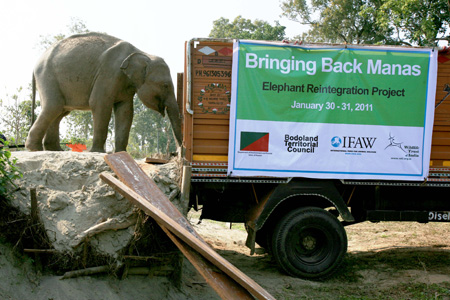
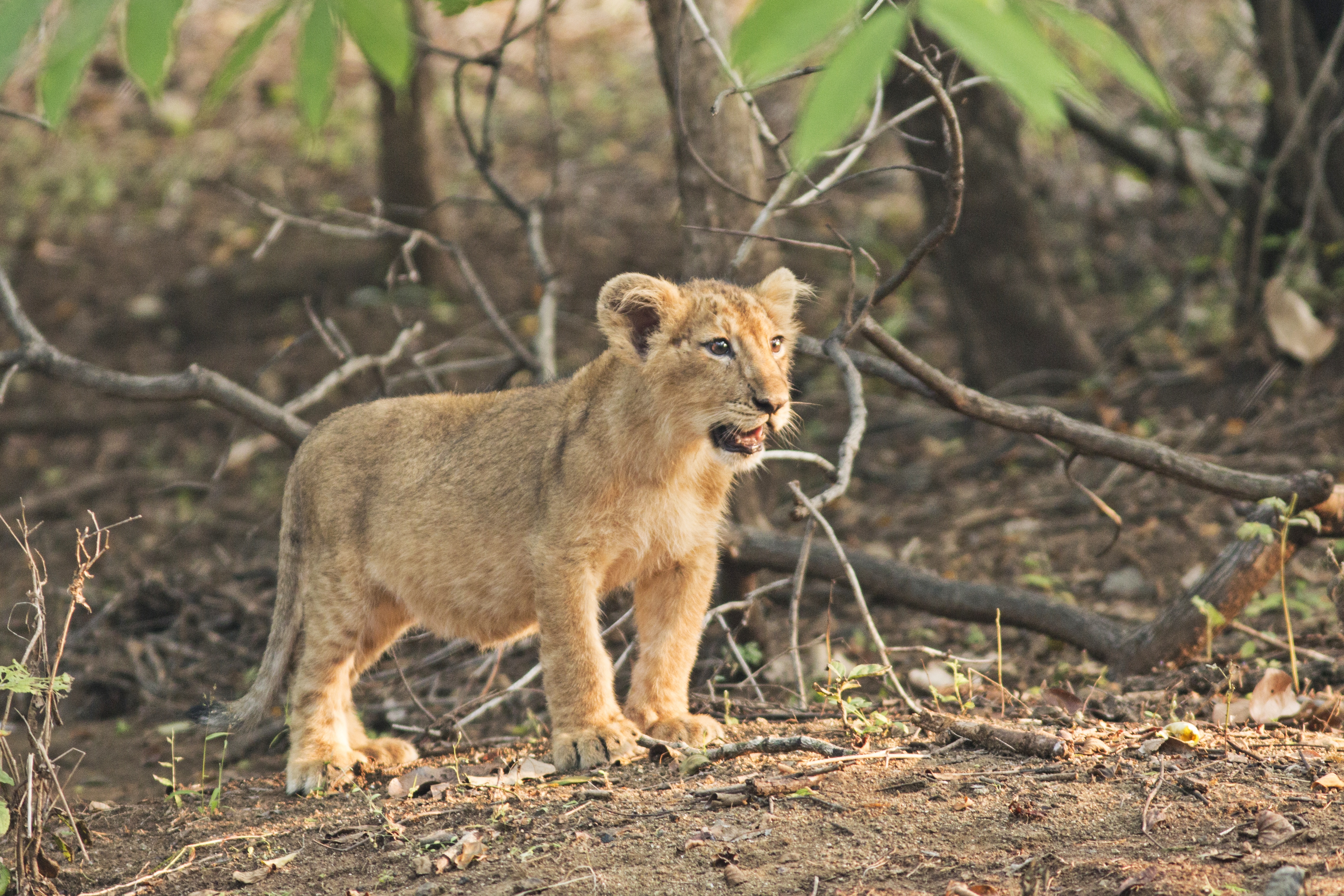
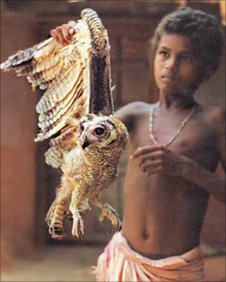
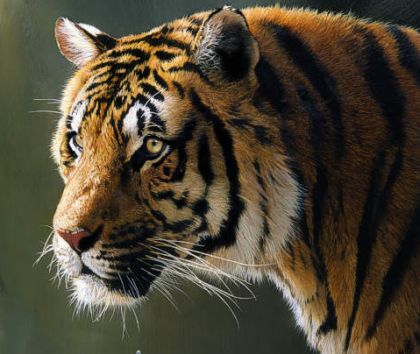
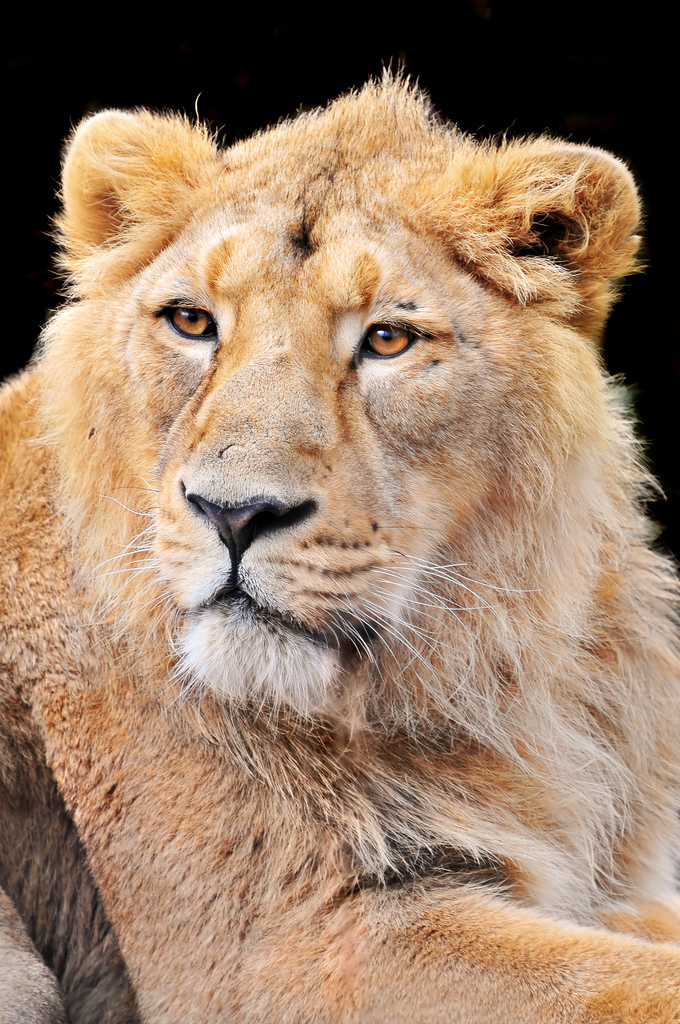
One thought on “Manas National Park becomes new Home for Orphaned Elephants”